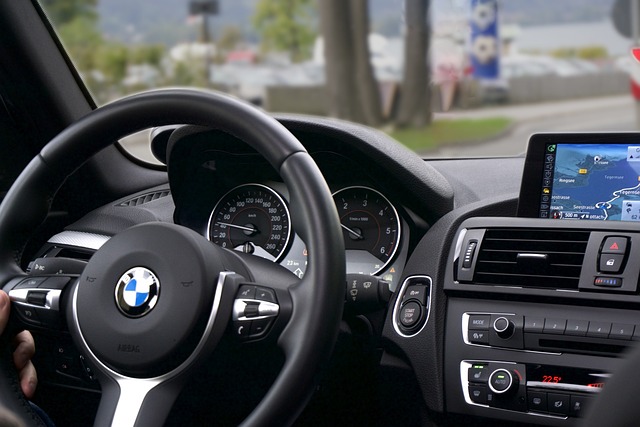One of the major reasons why one must check the mileage before buying a used vehicle is to avoid the possibility of buying a car whose odometer has been reversed, in this article we will expand more on the reasons why a mileage check is very important. According to a study conducted by the UK’s Driver and Vehicle Licensing Agency (DVLA) in 2019, it was found that approximately 1 in every 16 cars in the UK had an odometer discrepancy. This means that almost 3.7 million vehicles on UK roads had incorrect mileage readings, which could potentially lead to significant financial losses and safety hazards for buyers of used cars.
Buying a used car can be a great way to save money and get a reliable vehicle. However, it’s important to take the necessary steps to ensure that you are making an informed decision and getting the best value for your money. One of the most crucial steps in the used car buying process is performing a mileage check.
What is vehicle mileage?
Mileage refers to the number of miles a vehicle has been driven. It is typically measured by the odometer, a device that records the total distance traveled by a vehicle. When buying a used car, it’s important to check the mileage to determine how much wear and tear the car has undergone and to assess its overall condition. Generally, the lower the mileage, the better the condition of the car, but it’s also important to consider other factors such as maintenance history and usage patterns.
READ ALSO: Citroen VIN Check Free: Why It’s Important and Where to Do It

Why is a Mileage check important?
It’s also important to consider other factors when buying a used car, such as maintenance history and usage patterns. A well-maintained car with consistent usage may be in better condition than a car with low mileage but sporadic maintenance.
Overall, a mileage check is a crucial step in the used car buying process. By understanding the importance of mileage and how it can affect the condition and value of a car, buyers can make informed decisions and get the best value for their money. So, if you’re in the market for a used car, be sure to perform a thorough mileage check to ensure that you are making a smart and informed purchase.
READ ALSO: The Best Citroën Cars of All Time
How to conduct a mileage check
Here’s how to conduct a mileage check with vehiclehistory.eu:
Step 1: Get the VIN of the vehicle.
The first step in conducting a mileage check is to get the VIN (Vehicle Identification Number) of the car. The VIN is a unique 17-digit code that identifies a specific vehicle. You can usually find the VIN on the dashboard, driver’s side door jamb, or in the vehicle’s paperwork.
Step 2: Go to vehiclehistory.eu and enter the VIN
Once you have the VIN, go to vehiclehistory.eu and enter it in the form field provided. Vehiclehistory.eu has access to a comprehensive database of vehicle history information, so you can get a detailed report on the car’s mileage history.
Step 3: Review the mileage history report
After entering the VIN, you’ll receive a detailed report on the car’s mileage history. This report will show you the car’s current mileage, as well as its mileage history over time. You’ll be able to see if the mileage has been tampered with if the car has been driven excessively, and if there are any discrepancies in the mileage history.
Step 4: Analyze the results and make an informed decision
Once you’ve reviewed the mileage history report, you can analyze the results and make an informed decision about whether or not to purchase the car. If the car’s mileage history looks good, you can proceed with confidence. If there are any red flags or discrepancies, you may want to consider looking for a different vehicle.
Conclusively, when you get a European vehicle history report which explains mileage history you can make better decisions and save a lot of money in the long run.


